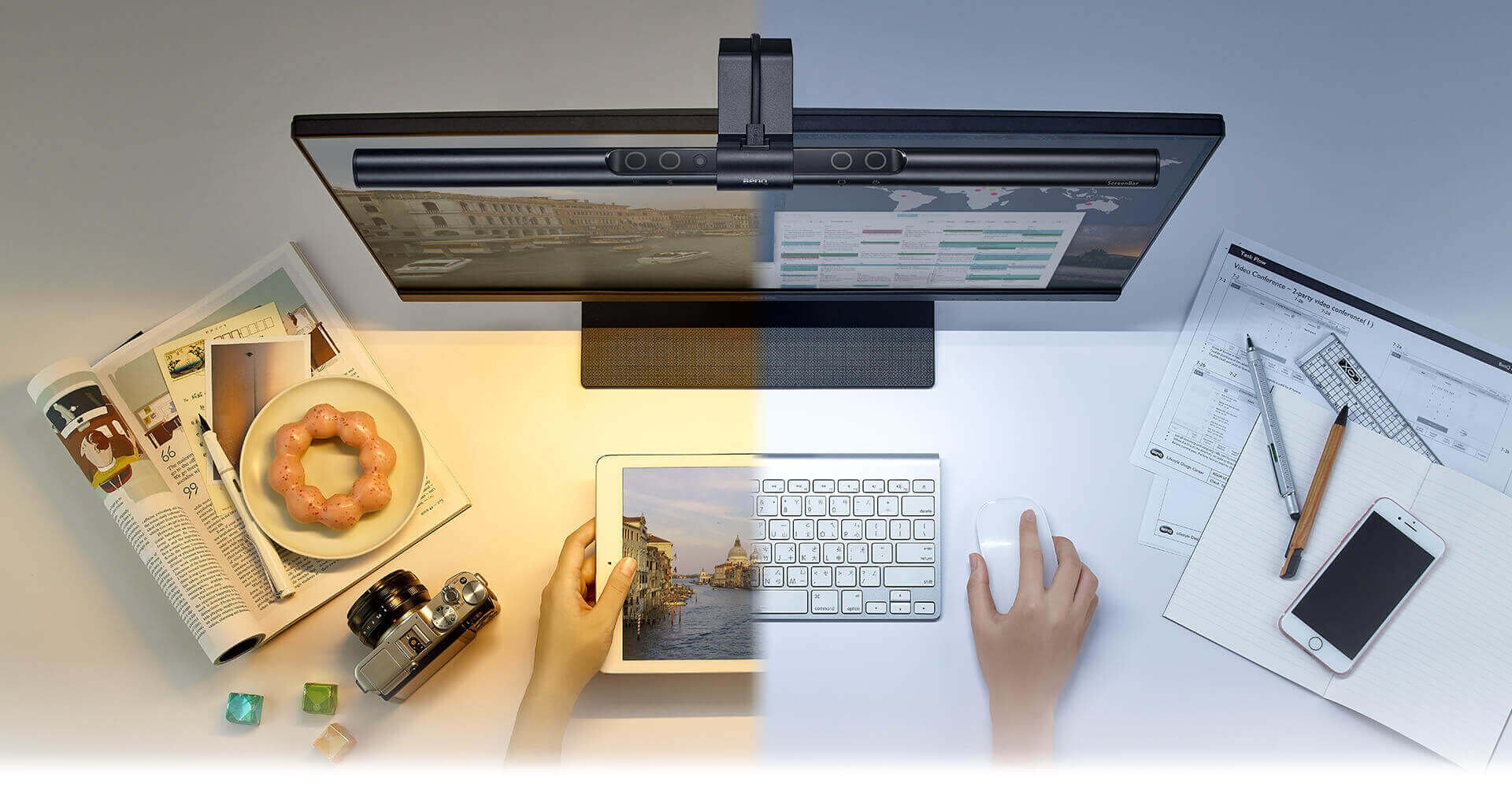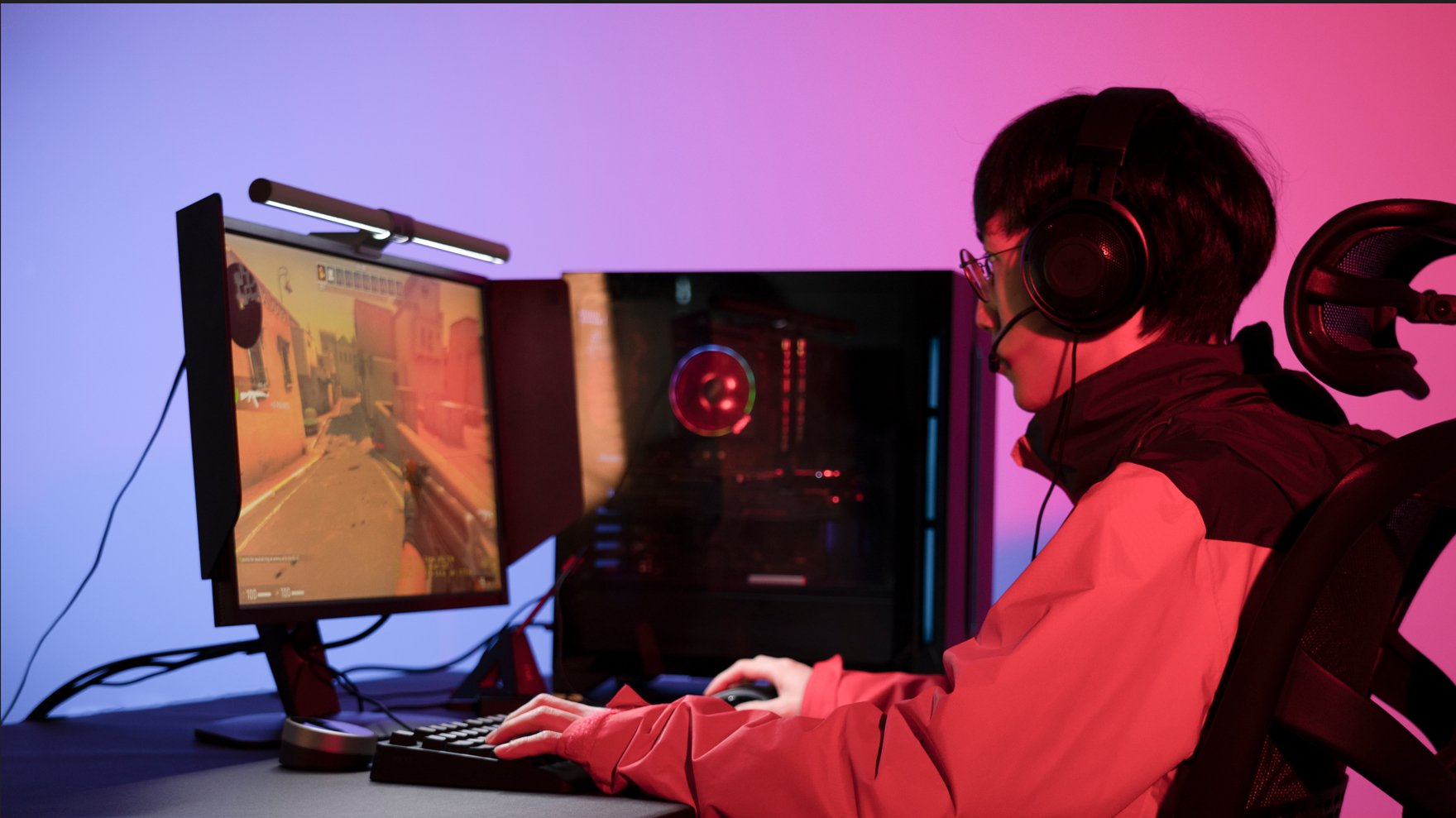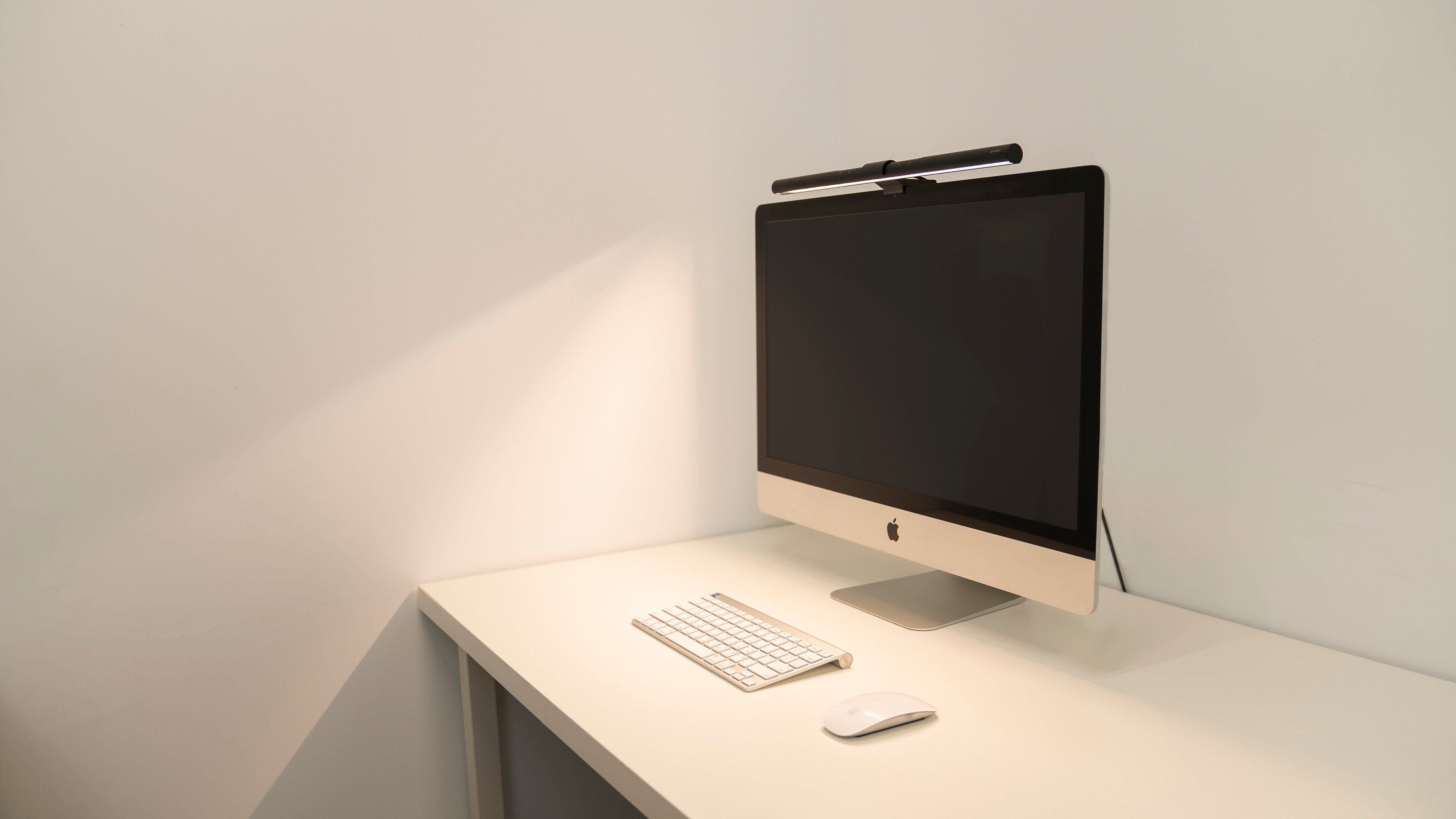Illuminate Your Workspace: Exploring the Types of Office Lamps
When selecting a bright lamp for office use, it's essential to understand the different types that are available. Each variety offers unique lighting solutions that can enhance productivity, comfort, and the overall ambiance of your workspace.
Desk Lamp: A Focused Choice for Task Lighting
Desk lamps are a quintessential part of office lighting design. They provide direct, focused illumination for tasks such as reading, writing, or computer work. With a range of styles and functionality, desk lamps are versatile tools to ensure that you have the right amount of light exactly where you need it.
Floor Lamp: Ambient Lighting to Complement the Room Design
Floor lamps offer a softer, more diffuse light that can fill your office with a warm glow, easing the contrast between your task light and the surrounding space. This kind of ambient lighting can reduce eye strain and create a more inviting work environment.
The Versatility of Office Lamps for Different Work Spaces
Depending on your office layout and the nature of your work, you may need a combination of lamp types. For open workspaces or shared areas, a mix of desk and floor lamps can provide flexible lighting options. For cubicles or private offices, a single, well-placed desk lamp may be sufficient for most tasks.
Flex Your Light: The Perks of Adjustable and Dimmable Office Lamps
Continuing from our discussion on lighting efficiency, adjustable and dimmable lamps are more than just conveniences—they are essential for maintaining a productive and healthy workspace. Their ability to adapt makes them invaluable.
Customize Your Glow with Adjustable Settings
Different tasks require varying intensities and directions of light. An adjustable lamp offers the flexibility to optimize your lighting based on the task at hand. A 2022 study by the Department of Ergonomics at City University showed that adjustable lighting could reduce eye strain and increase productivity by up to 30%. Adjustability helps in reducing screen glare and minimizing shadows that can obstruct your work.
Dial in the Ambiance with Dimmable Lamps
The ability to adjust the brightness with a dimmable lamp allows you to set the perfect mood for any activity in your office. Whether it's energizing the room for brainstorming or creating a peaceful corner for reading, dimming the lights can dramatically alter the space's functionality and feel. Research indicates that tailored lighting can decrease visual discomfort by 40%, promoting better focus and well-being.
Color Temperature and Light Quality: Enhancing Focus and Comfort
Building on our understanding of adjustable and dimmable lighting, let’s explore how color temperature affects both focus and comfort in the workplace. The color temperature of your office lamp is pivotal in optimizing your concentration and comfort throughout the day.
Understanding Color Temperature: From Warm to Cool Light
Color temperature, measured in Kelvin, influences whether light appears warm (yellowish) or cool (bluish). Warm lights, ranging from 2000K to 3000K, create a cozy ambiance ideal for relaxation, while cool lights (3100K to 6500K) resemble daylight and enhance focus and alertness. According to research by the Light and Health Institute, exposure to cooler light during work hours can increase productivity by up to 16%.
The Impact of Light Quality on Eye Health and Circadian Rhythms
Quality lighting is crucial for maintaining eye health and circadian rhythms. A study from the Vision Science Lab at Tech University shows that lamps mimicking natural daylight reduce eye strain by 22% and align our internal clocks. This alignment aids in better sleep quality and increased daytime alertness.
The choice of light color temperature can transform the workspace atmosphere: Warm light fosters a relaxing environment, suitable for brainstorming or decompressing post-work. Cool light, promoting mental sharpness and energy, is perfect for precision tasks requiring deep focus.
The Aesthetics: Desk Lamp Styles and Designs
Following our look into the impact of color temperature, let's delve into the aesthetics of desk lamps, which combine functionality with personal style to enhance your workspace.
The Convergence of Functionality and Stylish Design
Today's desk lamps are more than functional—they are pieces of art. With designs that blend sleek lines and minimalist aesthetics with innovative materials, lamps now serve as both a light source and a focal point of office decor. According to interior design experts, a well-chosen lamp enhances productivity by aligning with the visual and functional needs of the workspace.
Selecting a Lamp That Complements Your Office Decor
Your desk lamp should harmonize with your office's overall theme. Do you have a classic wood-based decor? Opt for a lamp with warm metal accents. Is your workspace a hub of modern innovation? Look for a lamp with an industrial edge. Choosing the right design will enhance your space, providing a visual comfort that goes hand-in-hand with its luminous function.
Current Desk Lamp Trends for Contemporary Workspaces
Keeping up with trends can refresh your office's look and feel. Current popular styles include:
- Minimalist: Clean lines and simple forms reduce visual clutter.
- Industrial: Metal elements and exposed bulbs add a raw, edgy vibe.
- Smart Lamps: Features like touchless dimming and adjustable color temperatures cater to tech-savvy users.
- Natural Elements: Incorporating materials like wood or stone brings warmth to modern designs.
- Integrated Technology: Some lamps now feature wireless charging docks, blending utility with innovation.
Illumination Philosophy: Task Lighting vs. Ambient Lighting
Following our exploration of desk lamp aesthetics, it’s crucial to understand the functional differences between task lighting and ambient lighting, and how they contribute to an effective workspace.
Understanding Task Lighting
Task lighting focuses on specific activities. It’s designed to provide intense, directed light to areas where you’re working, such as reading documents or engaging in detailed projects. This type of lighting is critical for reducing eye strain and improving concentration. Research shows that proper task lighting can enhance productivity by up to 50% in activities that require attention to detail.
The Importance of Ambient Lighting
Ambient lighting serves as the foundational layer of your office’s lighting design. It provides a soft glow that reduces harsh shadows and creates a welcoming atmosphere. Ambient light sets the overall mood and tone of the space, essential for a comfortable working environment. Studies indicate that well-balanced ambient lighting can improve overall job satisfaction and reduce fatigue.
Optimizing Your Workspace with Task and Ambient Lighting
To create an optimized work environment:
- Integrate a central source of ambient lighting with focused task lamps to prevent the stark contrasts that cause eye strain.
- Ensure the color temperatures of your task and ambient lights are harmonious, fostering a visually cohesive space.
- Adjust your task lighting throughout the day to correspond with natural light variations, enhancing both comfort and efficiency.
Shield Your Eyes: Decoding Blue Light in Office Lighting
Continuing our discussion on optimizing office lighting, let’s tackle the issue of blue light, which is becoming increasingly relevant in our digitally-driven environments.
Understanding Blue Light and Its Health Impacts
Blue light, part of the visible light spectrum with a short wavelength, is high-energy and prevalent in digital screens and office lighting. While it's beneficial during daylight hours for maintaining our circadian rhythms, excessive exposure, particularly in the evening, can disrupt sleep patterns and cause digital eye strain. Symptoms often include dry eyes, irritation, and trouble focusing. According to a study by the Vision Health Initiative, reducing evening exposure to blue light can decrease eye strain symptoms by up to 70%.
Lamp Features That Reduce Blue Light Exposure
Modern office lamps are increasingly equipped with features to minimize blue light. Technologies to look for include blue light filters and adjustable color temperature settings. These innovations are crucial for decreasing blue light exposure as the day progresses, aiding in the transition to a state conducive to sleep.
Practical Steps to Mitigate Blue Light in the Office
- Adjust lamp color temperature to a warmer tone as evening approaches.
- Wear blue light blocking glasses to provide an extra barrier against blue light from computer screens.
- Take regular breaks to rest your eyes from continuous exposure.
- Set your office lamp and screen brightness to harmonize with each other, ensuring neither is overpowering.
- Install blue light filtering software on digital devices to complement the settings on your office lamp.
Final Thoughts: Top Picks for Bright Desk Lamps—Ideal for Students, Gamers, and Office Professionals
Having explored the crucial role of eye protection in lighting choices, you’re now equipped to select the ideal desk lamp tailored to your needs. Remember to prioritize lamps that fit well with your space in terms of size and shape, and opt for models designed to minimize blue light exposure and flickering.
For those considering specialized lighting solutions, the BenQ monitor light bar and e-reading desk lamp are excellent choices. These innovative models feature built-in sensors that automatically adjust brightness to maintain an optimal 500 lux on your workspace. Additionally, they offer adjustable color temperature settings, allowing you to switch between warm and cool lighting—perfect for accommodating different tasks and visual preferences.
What are your thoughts on our recommendations for eye-care-focused lighting? Experience the difference yourself and see how the right lighting can transform your work or gaming setup.
?$ResponsivePreset$)










